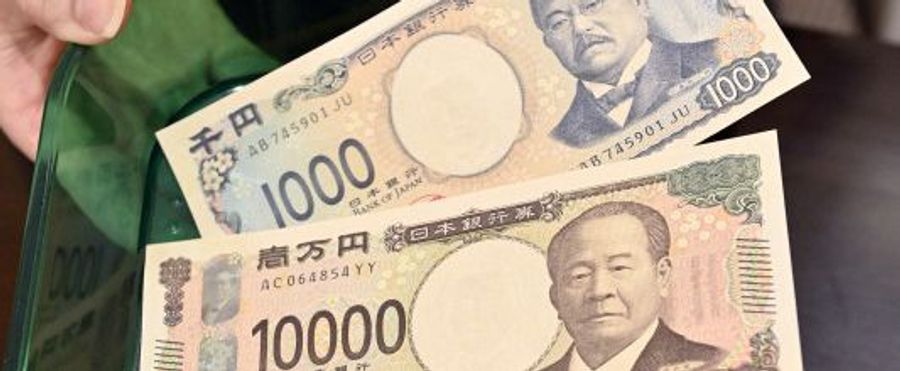An estimated 60 trillion yen, known as 'Tansu Yokin' or 'Furniture Bank', is being hoarded by Japanese citizens, typically in the form of cash savings kept at home. This practice has spiked due to the country's decade-long struggle with deflation. While the national bank is striving to promote consumer spending, the preference for cash security continues to pervade the economic behavior of the general public, having deep roots in Japan's cultural and financial habits.
Japan's 'Tansu Yokin' phenomenon reflects its citizens' enduring skepticism towards investment and their preference for keeping substantial amounts of cash at home, for both security and stability. Despite the Japanese government's multiple strategies to encourage public spending and financial digitalization, many Japanese people, particularly the elderly, have maintained this traditional practice due to distrust in financial institutions and a cultural inclination towards cash savings.
In contrast, in the US and the EU, the majority of citizens prefer digital transactions or depositing money in banks, trusting the stability of these institutions. These regions also have a more pronounced culture of investment and risk-taking in financial matters, while Japanese culture emphasizes stability and caution.

